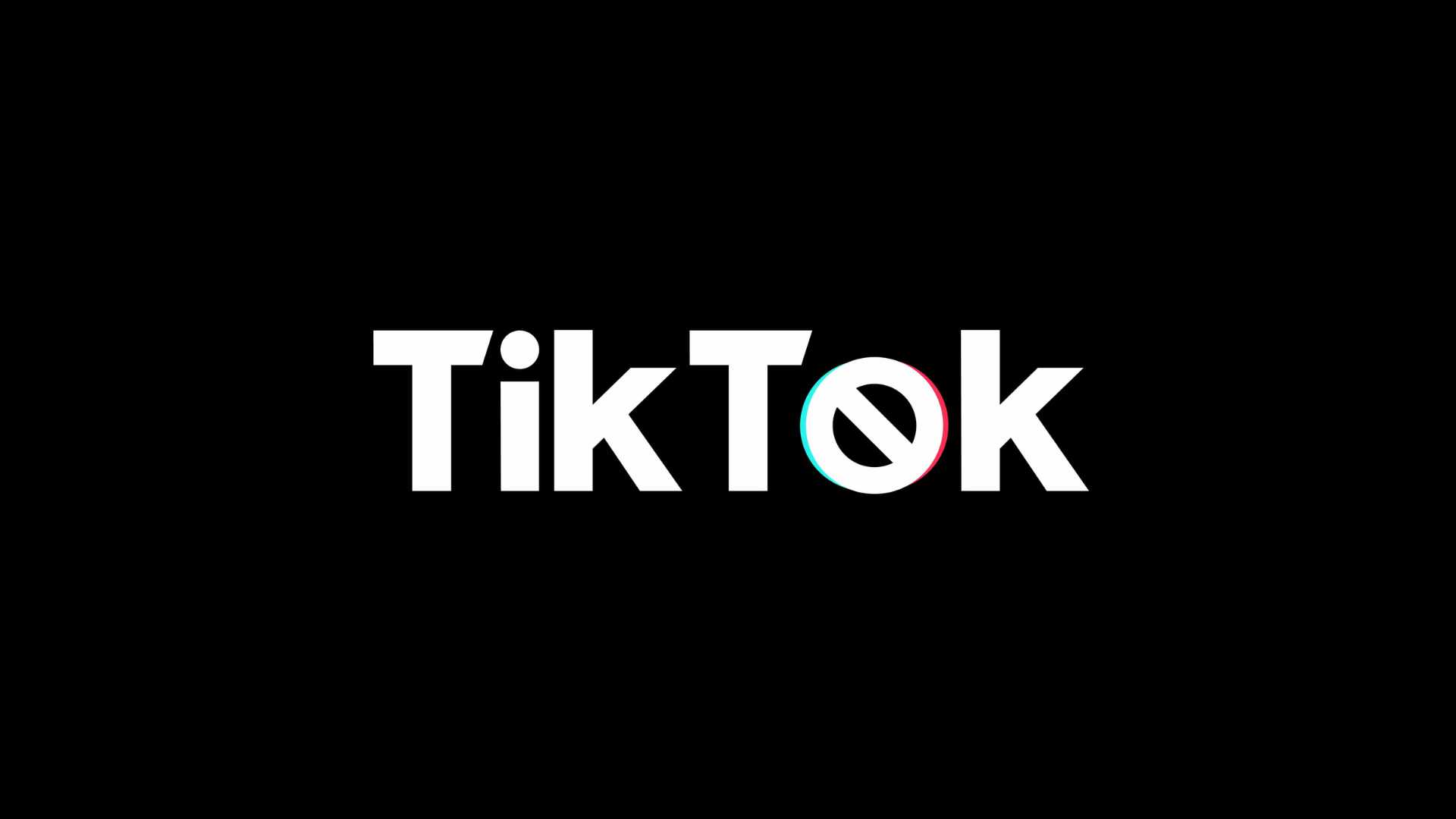Our view at Stack - Teachable’s is an online training platform and it's key features include an intuitive course builder, rich multimedia lectures, and powerful sales and marketing tools. It offers flexible pricing options, advanced analytics, and student management capabilities. Additionally, it provides great customer support and mobile accessibility

TikTok has grown far beyond its origins as a platform for viral dances and lip-syncing challenges. Today, it’s a crucial space for creators sharing everything from how-to guides to personal stories, commanding the attention of millions worldwide.
But for the past few months, TikTok has been on shaky ground—caught in the crosshairs of U.S. lawmakers over serious privacy and national security concerns.
What is the new bill that President Biden signed?
The crux of the matter is a new bill signed by President Joe Biden, inside a hefty $95 billion aid package aimed at supporting U.S. allies. The national security package includes a directive that could force TikTok’s Chinese parent company, ByteDance, to sell its stakes within a year or face a possible ban in the States.
Thanks to the law, TikTok might have to pack up its U.S. bags unless its Chinese parent company ByteDance cuts the cord within a year.
This isn’t just about government oversight. There’s a deep unease about TikTok’s links to China, with fears that ByteDance might share sensitive data on American users with the Chinese government. The stakes are incredibly high for both TikTok and its vast user base.
How should creators respond to the new bill?
For creators who’ve built their audiences and livelihoods on TikTok, the potential ban is more than an inconvenience—it’s a threat to their financial and professional stability, as TikTok creates an estimated $24 billion annually in the U.S. market.
With the clock ticking on a nine-month deadline for ByteDance to sell (extendable by three months), TikTok users and creators are left in a state of suspense. Should they start scouting out alternative platforms or double down and hope for the best?
Meanwhile, TikTok isn’t taking this lying down. They’ve rallied the troops, urging users to speak out against the ban, hoping to turn their massive user base into a political lobbying force.
But can a bunch of viral video makers sway the powers in Washington? Only time will tell.
What happens if TikTok actually gets banned?
If TikTok goes dark, the ripple effects will be huge. Think about it: platforms like Instagram and Facebook could see a tsunami of TikTok creators looking for a new place to post.
And here’s the kicker: TikTok is gearing up to fight this ban in the courts, claiming it’s a free speech issue. This battle could set a precedent for how foreign tech companies operate in the U.S., which is big news for everyone in the digital space.
So, what should creators do? Keeping all your eggs in TikTok’s basket might not be wise. Now’s the time to diversify your social media portfolio, maybe beef up your presence on other platforms, or even explore newer ones. Staying informed and nimble is your best bet as this drama unfolds.
In a nutshell, TikTok’s situation is more than just a regulatory headache—it could reshape the social media landscape and redefine what it means to be a digital creator in the U.S. Whether TikTok can dance its way out of this tight spot remains to be seen, but one thing’s for sure: creators need to stay sharp, adaptable, and ready to pivot. After all, in the fast-paced world of social media, change is just another day at the office.
Related post: Everything for creators to know about a potential TikTok ban
If Teachable is of interest and you'd like more information, please do make contact or take a look in more detail here.
Credit: Original article published here.
